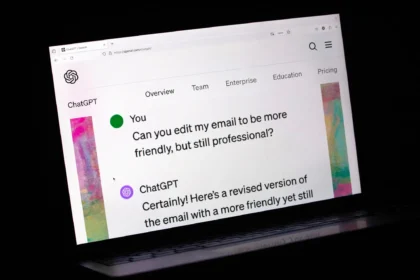When companies face tough financial updates, clear and empathetic communication is crucial. But Microsoft’s CFO recently sent an internal email that’s being criticized as a textbook example of how not to deliver bad news.
The email, intended to address cost-cutting measures and budget constraints, reportedly struck an overly corporate, detached tone. Instead of acknowledging employee concerns or providing a transparent explanation of the financial situation, it leaned heavily on vague jargon and “business-speak” phrases like “strategic realignment of resources” and “operational efficiency initiatives.”
Employees described the email as cold and evasive, failing to connect with the real human impact of the changes. The lack of empathy and clarity sparked frustration internally, with many criticizing leadership for sugarcoating serious news rather than addressing it directly.
The backlash highlights a broader lesson in corporate communication: when delivering bad news, honesty and empathy matter far more than polished buzzwords. Employees want to feel informed and respected—not managed with PR-friendly language that sidesteps the reality of the situation.
For Microsoft, the email misstep serves as a reminder that even in a data-driven tech giant, effective leadership hinges on transparent, human-centered communication.







